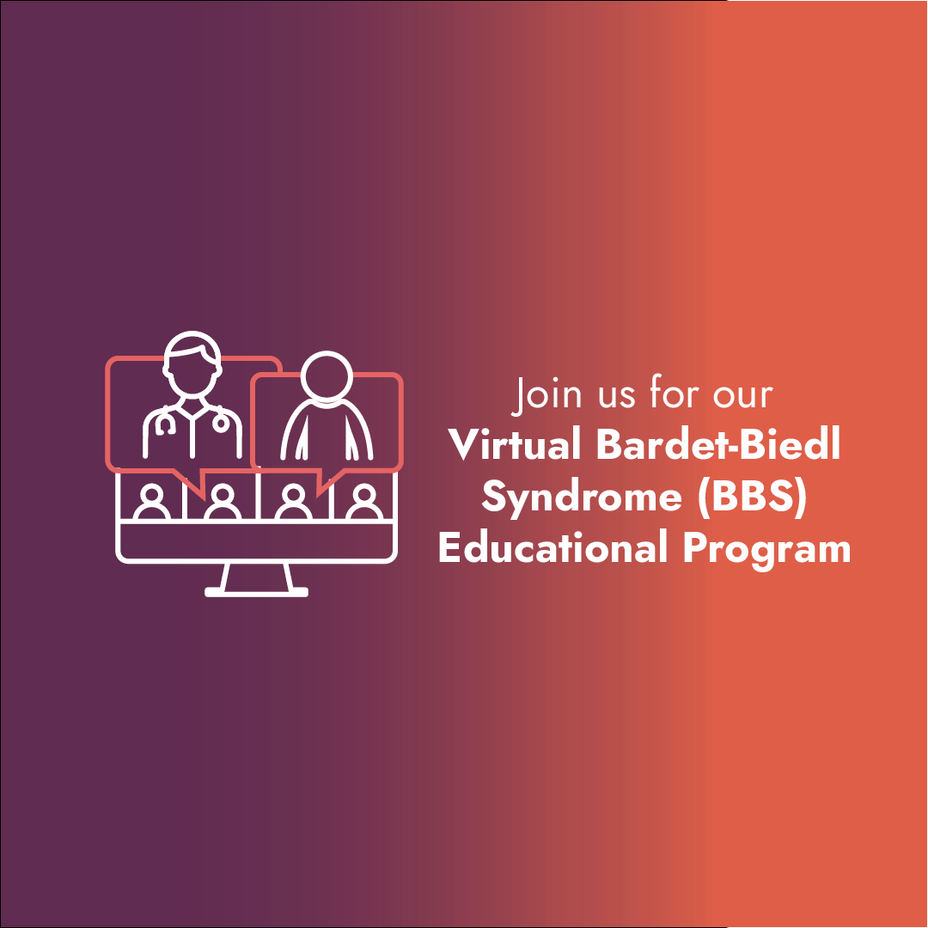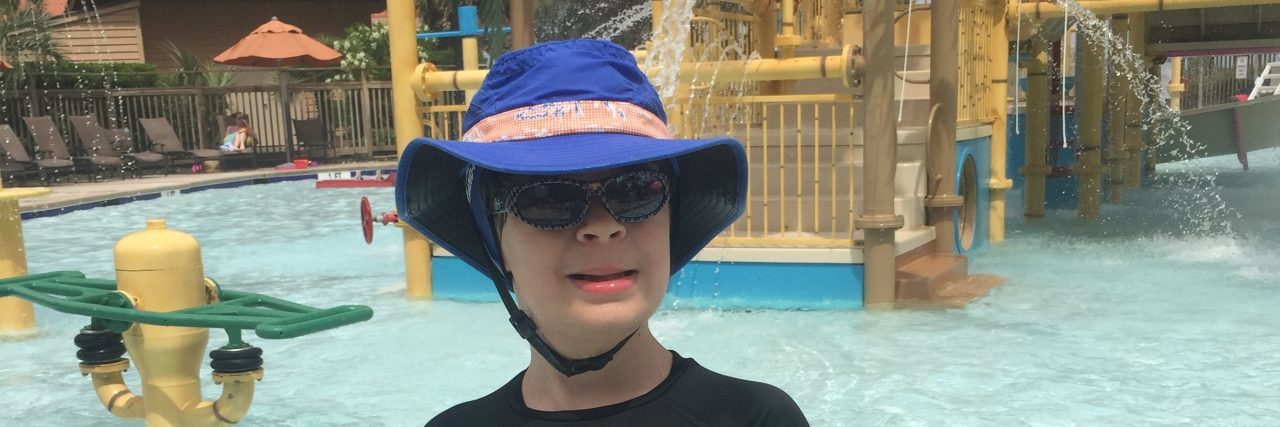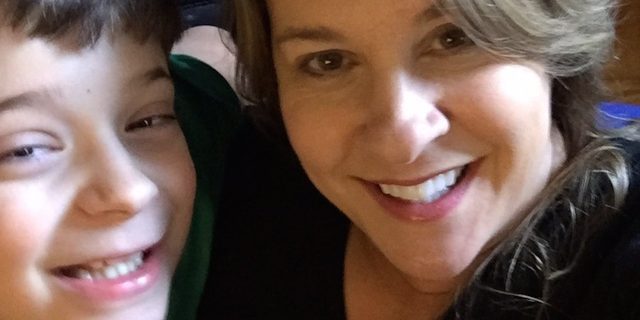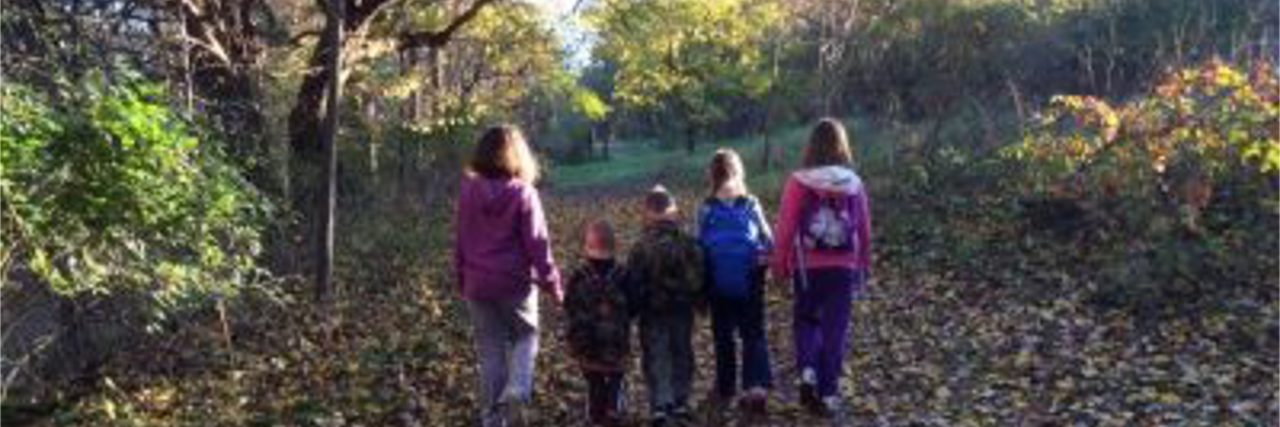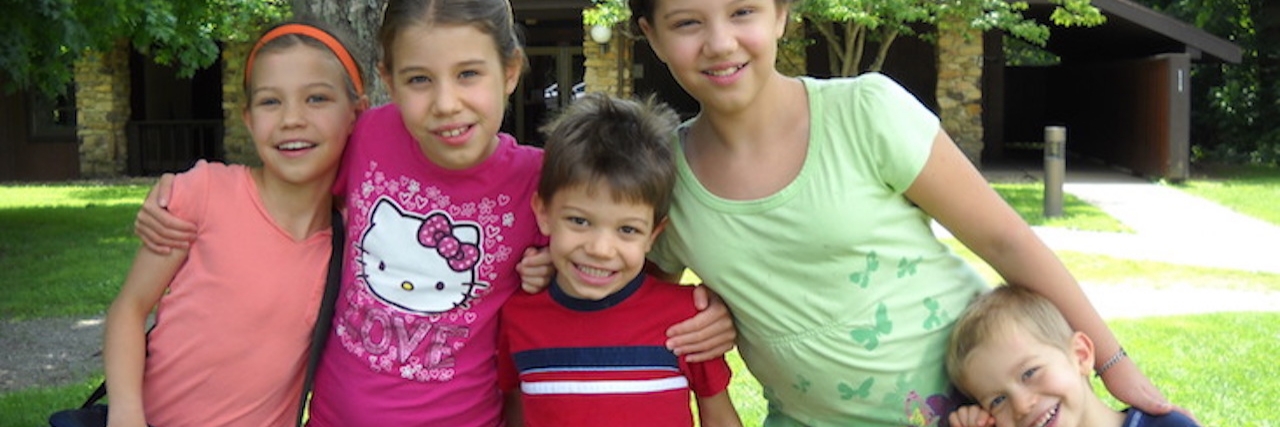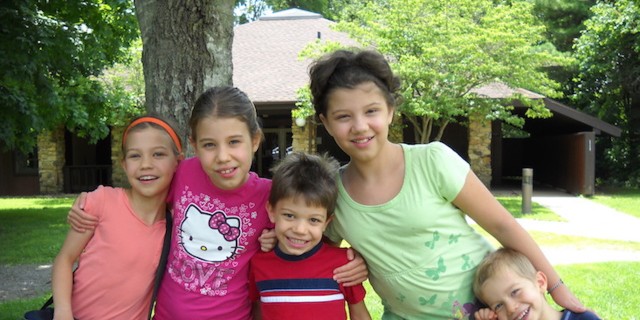Raising Awareness of Bardet-Biedl Syndrome - Sharing Our Son’s Journey with a Rare Disease
Part 1 of 2 Most new moms would agree that bringing a baby out in public attracts attention from strangers. It’s heartwarming to see people of all ages and backgrounds smiling at our cute babies or making comments about how much they look like us. When I had my son Everett in June 2006, strangers would often do double takes. He was a beautiful baby, of course, but people were shocked to see that he had six fingers on each hand and six toes on each foot. In a way, letting people see Everett’s differences as a newborn was the beginning of our family’s efforts to build awareness of Bardet-Biedl syndrome (BBS), the rare disease that he would finally be diagnosed with at age five.
People with BBS can experience a wide range of symptoms beyond being born with extra digits on their hands and feet. The condition is caused by mutations in more than 20 different genes, which explains the variety of ways in which it impacts those living with it. Some of the most common traits associated with BBS include visual impairment caused by retinal abnormalities, kidney malformations, hypertension, thyroid problems, learning disabilities, neurological complications, early onset, severe obesity and an intense, insatiable hunger known as hyperphagia. The disease presents itself differently in each person, even those who are in the same family. Because of this, many people with BBS, including Everett, face a long and frustrating diagnostic journey. While there is no cure for the disease, treatments have been approved to address some of its effects and many children with BBS benefit from physical, occupational and speech therapy.
Everett is considered “lucky” because he has what is considered to be a milder case of BBS, but the condition has still taken a toll on nearly every aspect of his life. He began having seizures when he was 20 months old and his life only grew more difficult from that point on. While the first five years of a child’s life should be filled with trips to the park, playdates with friends and having fun outside, Everett’s were far different because he was considered to be a medical mystery. Constant trips to the doctor’s office, blood draws, scans and every kind of test imaginable were all normal parts of his everyday life. Eventually, a geneticist reviewed his symptoms following an extensive number of tests and correctly diagnosed him with BBS.
While Everett suffered from many BBS symptoms as he got older, one that had a notable impact on his life was hyperphagia. While most children and teens become more independent when making food choices as they get older, Everett’s appetite was increasingly difficult to control. My husband and I frequently had to rush into the kitchen late at night to stop him from snacking. Everett had a hard time concentrating at school because constant hunger would distract him. He was known to sneak second lunches and borrow money from strangers to buy food at the local bagel shop.
While Everett’s hyperphagia was a constant battle, it was not the most difficult part of his life with BBS. Vision loss is a troubling experience for many BBS patients. He developed a lazy eye around the time he was diagnosed. His vision declined as the years went on and by the time he was 12 years old, he was legally blind. While he has enjoyed learning braille, he misses being able to read the books he loved while growing up. He has also had to transfer to a school for the blind so he could learn how to navigate life without his sight.
Despite Everett’s medical challenges, there have been many positive experiences during his journey with BBS. When we learned Everett would likely become blind, we created a bucket list of places to go to so he could experience them while he could still see. We made many special family memories at the Grand Canyon, NASA’s headquarters, Disney World, Universal Studios and Japan. He has had a wonderful experience at the Wisconsin School for the Blind and he is planning to start his next educational journey at Perkins School for the Blind in Boston.
Everett’s journey with BBS has only made him braver. In December 2018, he was one of the first people to enroll in a study evaluating a new treatment that helps control hunger and weight in patients with BBS. Everett’s eating behaviors changed markedly once he started taking the medication. Before, he never left a scrap of food on his plate. Now, he does not finish all of his meals. He can focus on exploring his passions, including building LEGO kits, educating himself on shipwrecks and listening to audiobooks.
While researchers have made great progress in the development of treatment options for BBS, I hope that stories like Everett’s motivate them to continue to prioritize patients’ access to more advances care. Everett has thrived in ways I never would have imagined before h
